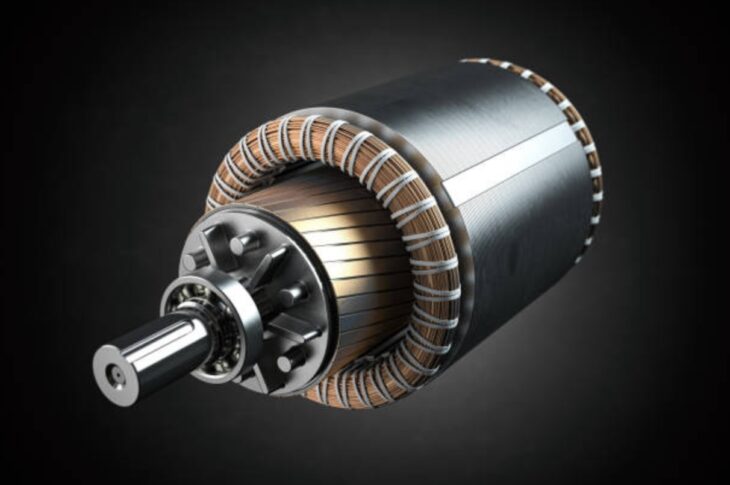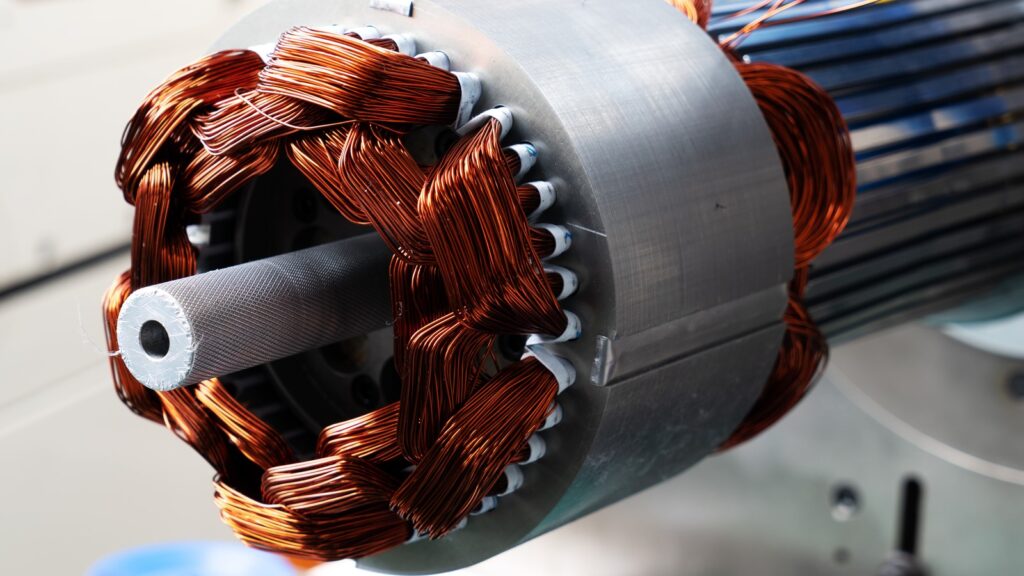
Why You Should Switch to Using Electric Motors
Electric vehicles are all the rage, utilizing electric motors and chargeable batteries to do the work that fossil fuel-based engines have been doing for more than a century. Whether you’re motivated by the possibility of cost savings or pressure from governmental authorities who want everyone driving electric vehicles, you’ve probably considered switching to using an electric motor.
But why should you make this switch? What are the concrete advantages and disadvantages of using an electric motor?
Electric Is Here
Electricity powered vehicles have been around for a long time, but only recently have they become advanced enough to appear palatable to consumers. Modern electric motors are faster, more powerful, and more efficient, and they also happen to be cheaper.
Also, electric motors are available for a wide variety of applications. When most people think about electric motors, they immediately think of electric cars and trucks. However, according to Elco Motor Yachts, outboard electric boat motors are also available – and just as advantageous as their electric car motor counterparts. We are entering an age of electric boating, just as we are entering an age of electric driving.
It’s worth mentioning that electric motors can be utilized in different ways. If you have a fully electric vehicle, you may be able to charge that vehicle by plugging it directly into a home outlet or charging station. You can also purchase hybrid electric vehicles, which utilize a traditional gas engine to supply at least some of the energy used by the electric motor.

The Benefits of Electric Motors
Generally, these are the most impressive benefits that electric motors have to offer:
- Overall higher efficiency. One of the most important benefits to address is overall higher efficiency. Regarding energy usage, electric motors are much better than their counterparts. This energy is supplied in different forms, so it’s hard to make a perfectly direct comparison. However, over the course of your ownership, you’ll probably spend far less on energy for your electric vehicle than you would for a traditional gas vehicle. Some people are motivated by cost savings, while others are motivated by sustainable energy; either way, you stand to benefit here.
- Suitable power. Historically, electric motors were avoided because they weren’t nearly as powerful as gas motors. However, modern electric technology provides plenty of power for most applications.
- An extended operating capacity. Similarly, pure electric vehicles used to have the stigma of limited range. People weren’t able to drive or boat very far without stopping to charge. But modern technology makes it possible to use electric power for hours before having to charge again.
- Less noise. Another benefit of electric motors is that they produce less noise. If you like to enjoy your road trips with an atmosphere of peaceful relaxation, or if you want to avoid your loud boat scaring all the fish away, an electric motor could be exactly what you need. You might be surprised to find out just how quiet electric motors are; look up a few comparison videos to see how dramatic the difference is.
- Less need for maintenance. Generally, electric motors require less maintenance than their fossil fuel-burning relatives. There are a few different reasons for this, but the bottom line is that you probably won’t need to practice as much maintenance or spend as much money on repairs for your electric motor. Things can and probably will go wrong with your electric motor eventually, but you’ll have far fewer headaches and far lower bills after switching to electric.
- Fewer emissions. Most people know that electric motors and electric vehicles are comparatively more sustainable than their fossil fuel-consuming counterparts. Part of this is because they consume less energy, despite performing similar functions. But it’s also worth pointing out that electric motors produce fewer emissions, contributing less pollution and reducing the prevalence of carbon in the atmosphere. This doesn’t mean electric motors are perfect; they still rely on electricity from the grid, which is often produced by burning fossil fuels (an activity with substantial pollution). However, electric motors are still a major improvement in this area.

The Drawbacks of Electric Motors
There are some drawbacks of electric motors, however:
- Initial costs. Some people are reluctant to switch to electric because of the initial costs. While electric motors are arguably more cost-efficient over the long term, they do require a bit of an investment up front.
- Range limitations. Modern electric motor technology allows for an impressive range, serving the needs of most people adequately. However, there are still some range limitations, and when it comes to total freedom and flexibility, fossil-fuel motors are still better.
- Power limitations. In terms of pure horsepower, gas power still has an advantage over electric. Again, electric can be used for most applications, but if you want top speeds or top power, electricity probably isn’t the option for you.
- Charging times. Refueling a vehicle or a boat doesn’t take long. But charging an electric motor can take several hours. Many people detest this charging period, especially if they’re excited to go on a new adventure. That said, charging is much faster than it used to be – and it keeps getting faster.
- More complex issues. We’ve already addressed the fact that electric motors require less maintenance and fewer repairs. But there’s a small downside to consider here as well. When electric motors do need repairs, they tend to have more complex and more expensive issues. Still, repair and maintenance costs should be lower overall and on average when working with electric motors.
There are a few important drawbacks of electric motors that you’ll need to consider before pulling the trigger. However, the advantages of electric motors often far outweigh the disadvantages. Depending on what type of terrestrial or aquatic vessel you need, and what your personal preferences are, making the switch to electric probably makes the most sense. Just make sure you do all your due diligence before making a final decision.